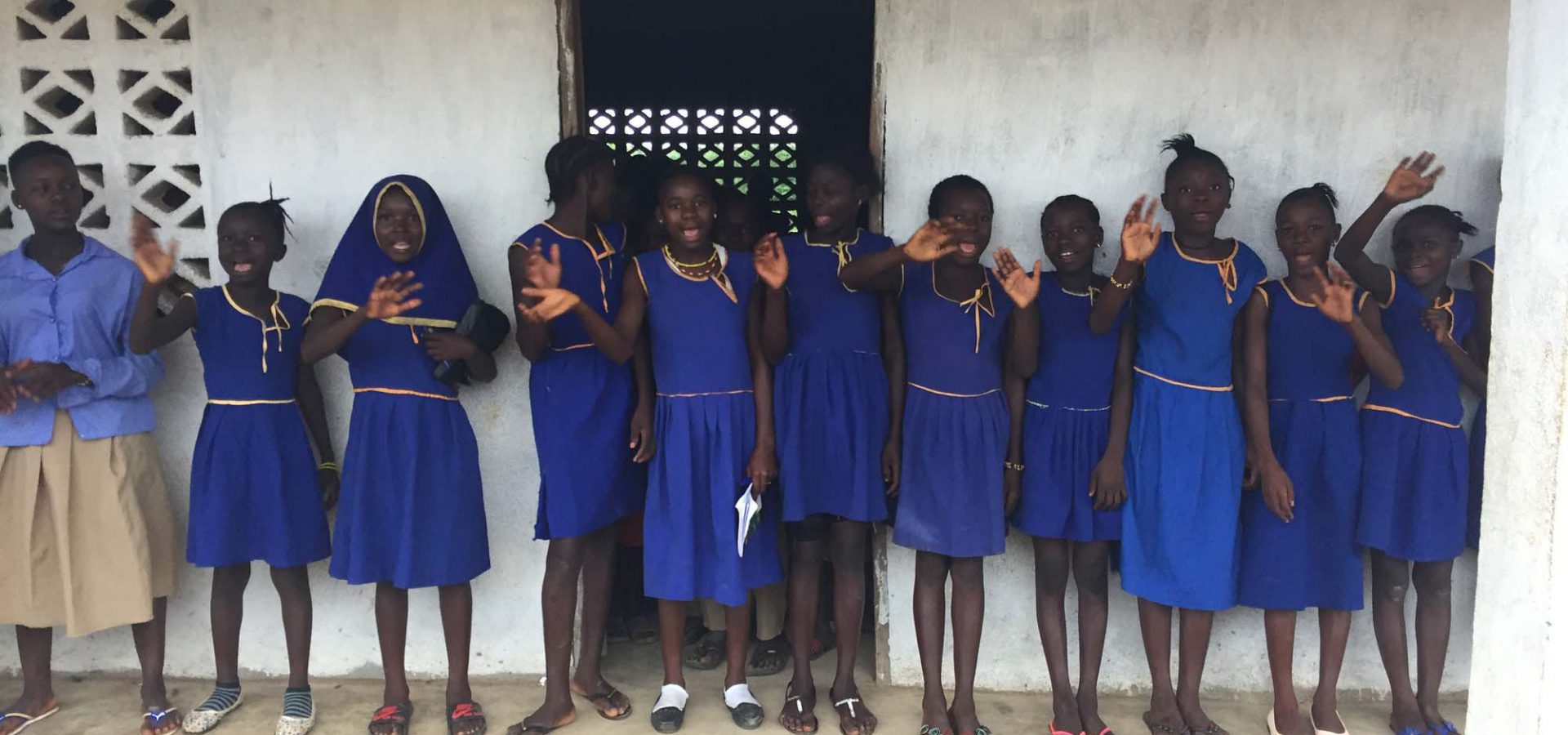
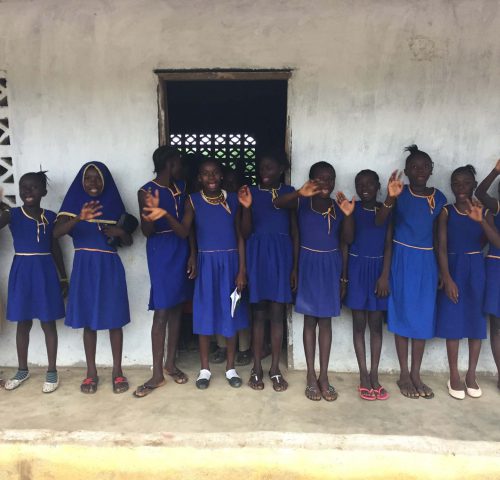
Learning to love animals in Liberia
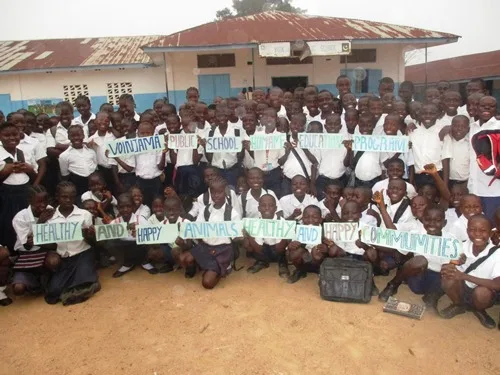
As SPANA continues to grow our outreach funding for humane education programmes around the world, we look at our work in the west African nation of Liberia where SPANA-supported organisation LAWCS is working hard to change childrens’ attitudes to working animals.
Liberia faces many problems – recovering from a terrible civil war, a high unemployment rate, poor infrastructure, and low literacy, the country was most recently hit by the Ebola crisis of 2014 that killed more than 4,000 people nationwide. Amidst all of these enormous challenges to national stability, animal welfare is low on the list of people’s priorities and many animals suffer needlessly as a direct result. In fact, there are no animal cruelty laws and children often mimic their elders’ own aggressive behaviour to animals, throwing objects at dogs and cats and neglecting their working animals.
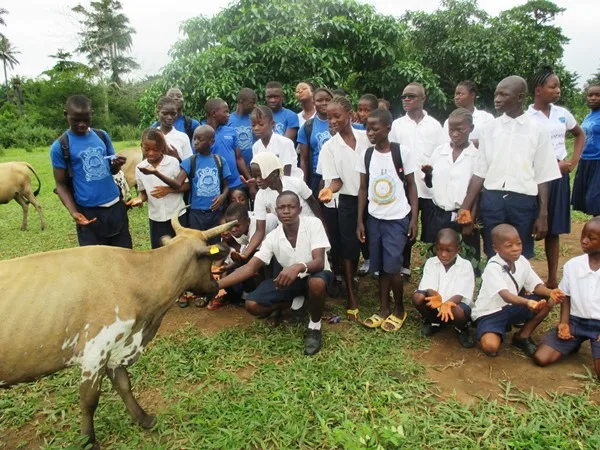
Without any intervention, cases of severe abuse would continue to be committed against animals with no end in sight. That’s where the Liberia Animal Welfare and Conservation Society (LAWCS) comes in. In the past year, LAWCS has reached almost 7,000 schoolchildren ranging ages from three to 19 in 10 schools across Liberia. They teach a message of compassion to animals, firm in their belief that education can stop the cycle of abuse. LAWCS believes that by examining our relationships to other creatures, we can help stop animal cruelty before it starts.
With the support of SPANA’s outreach funding, LAWCS has been able to recruit 10 classroom teachers, training them with humane education materials provided by SPANA and others. LAWCS supports these educators in providing programmes in schools and communities, teaching children that animals are just like us – they need food, shelter, medical care and love. Importantly, LAWCS provides the tools for teachers to sustainably and confidently teach future classes of children.
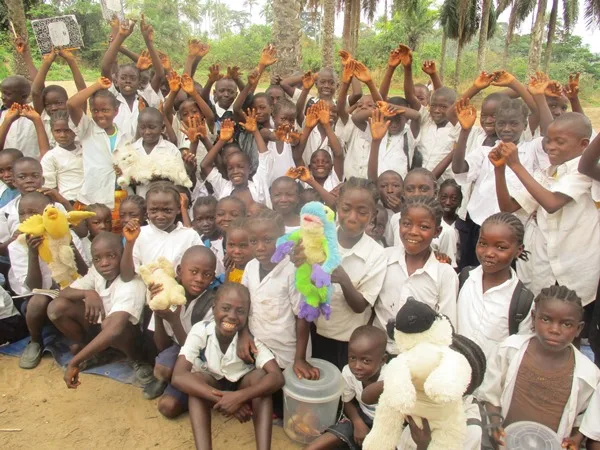
LAWCS uses a wide range of resources and activities to deliver their lessons including drama and role play, discussions and debate, videos, stories, exhibitions, welfare clubs, drawing, and games – all of which were done to encourage the children to form their own positive opinions and attitudes to the animals in their lives. Animal Welfare Clubs have been set up in 10 schools to provide regular extracurricular lessons and attract dozens more students.
LAWCS’ work is a critically important driver of behavioural change for thousands of Liberia’s children, who will one day grow up to be animal owners themselves. Without their presence, the same cycles of fear and neglect would continue and thousands of animals would continue to suffer needlessly. But thanks to this amazing programme, the future for Liberia’s animals is beginning to look much brighter.
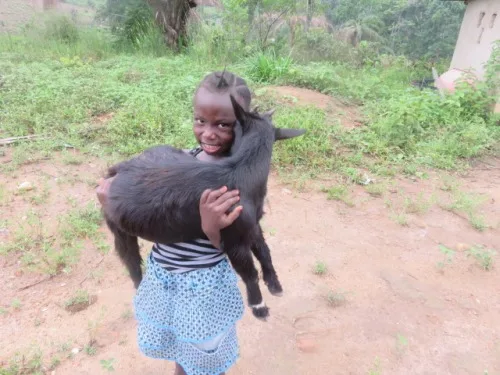
Growing up, I was always seeing people mistreating animals and I thought this was normal. I now know this is very wrong. It is my hope to become an animal doctor in the future to help animals.
You may also be interested in
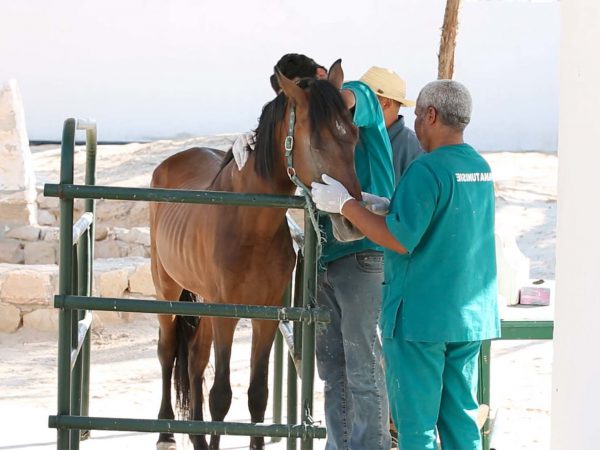
Nursing Nizar back to health
Read how SPANA vets stepped in to ease the pain of Nizar the horse.
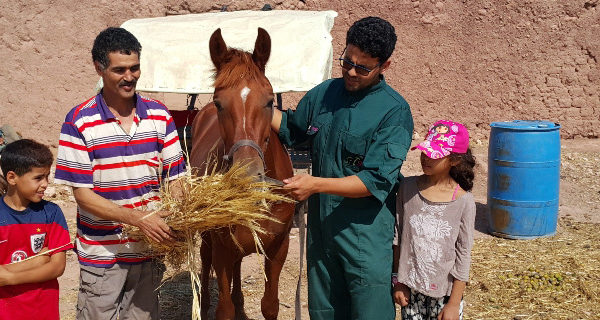
Sarie’s close call
Read about how SPANA’s intervention was the difference between life and death for Sarie the horse.
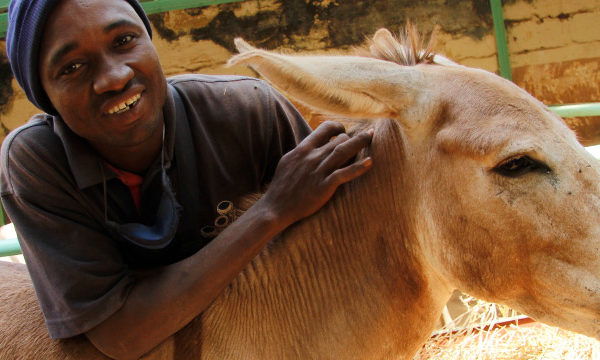
Providing relief for a constipated donkey
Find out how SPANA vets in Mali helped Drissa the donkey.

Sarie’s close call
Read about how SPANA’s intervention was the difference between life and death for Sarie the horse.
